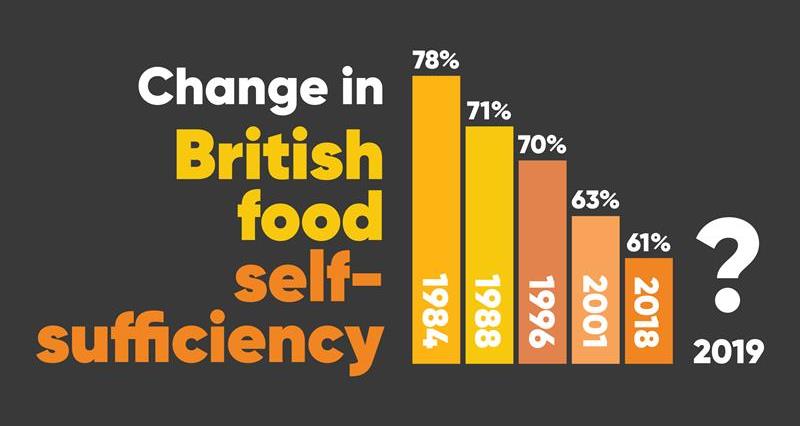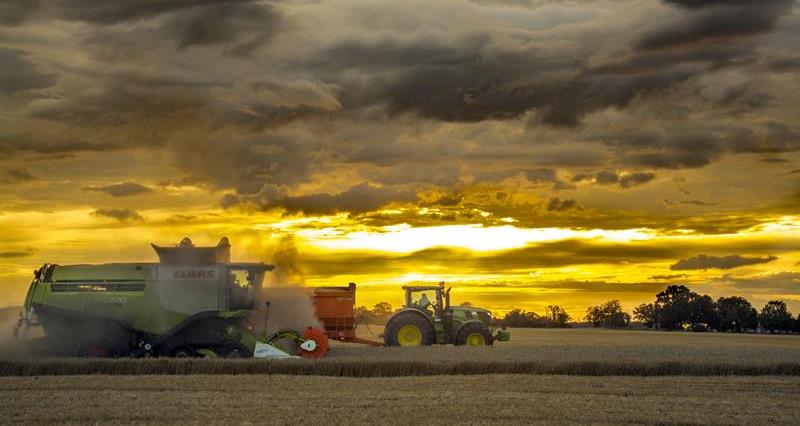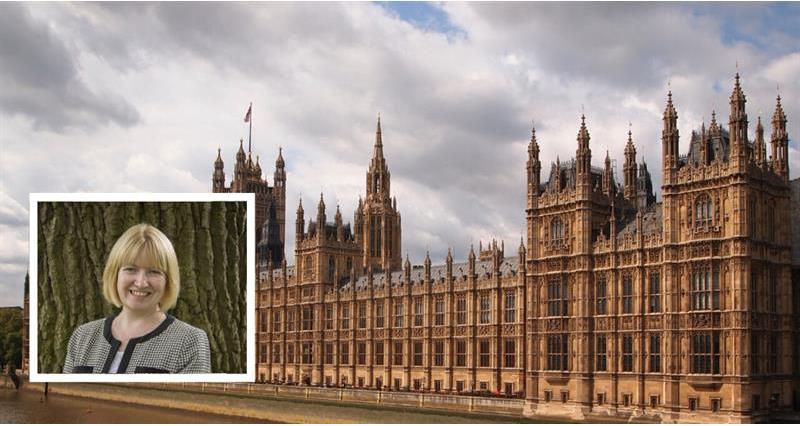The Agriculture Bill ("the Bill") will provide the legal framework for the establishment of a new system of agricultural assistance for farmers and land managers.
The Bill is essentially “enabling” legislation, providing fairly broad powers to current and future governments to provide financial assistance and make other policy interventions. The 2020 Bill has addressed a large number of the concerns held by the NFU with the Bill first published in 2018 under the previous government administration.
NFU members can read a short summary of the Bill here.
The summary is accessible to NFU members only and you will be asked to log in.
How to log in: Use your membership number or the email address associated with your membership to log in. If you've forgotten your password, you can click here to reset it or contact NFU CallFirst on 0370 845 8458.
Food security
The most significant improvements relate to the inclusion of provisions on Food Security. The government will be required to report on the state of the nation’s food security every 5 years.
This is something the NFU has been calling for consistently for many years and will be even more important as we enter the uncertain period ahead with domestic policy change and the likelihood of increase liberalisation of the UK food market through trade deals with new international partners post Brexit.

Budgets
The Bill also requires government to establish multi-annual financial programmes. This is not the same as a fixed multi-annual financial budget like we see under the CAP – but taken alongside the government’s commitment to maintain the farm support budget for the life of the Parliament (expected to be until 2024) this approach is very much welcomed.
More on the Agriculture Bill 2020
“This Bill is one of the most significant pieces of legislation for farmers in England for over 70 years and it is absolutely vital that it is tailored to farming’s specific needs and ambitions." NFU President Minette Batters provides early commentary on the Bill's relaunch.
Read the Agriculture Bill in full (opens in new window - Gov.UK)
Track the Bill's progress (opens in new window - Parliament.UK)
Encouraging food production
In developing new forms of financial assistance, the government will now be obliged to “take regard to the need to encourage the production of food by producers in England and its production by them in an environmentally sustainable way.”

This is a significant addition which will provide a robust starting point and ongoing reference point during the development of schemes such as the Environmental Land Management Schemes expected to be centrepiece to the future system of “public money for delivery of public goods.”
The Bill makes no reference to “public goods”, but recognising the importance of encouraging the production of food is an excellent development in comparison to the previous version of the Bill.
Phasing out of BPS (in England)
The Bill establishes a new system based on paying public money for public goods in England (although public goods is not a term used in the Bill itself) as well as a framework for the phasing out direct payments in England (albeit not in other parts of the UK) over a 7 year transition period.
There are no details in the Bill of the new Environmental Land Management Scheme expected to form the centrepiece of the new system. Nor does the Bill set out the manner in which direct payments (BPS) will be phased out. An updated policy paper setting out further details is expected to be published during the Bill’s passage.
What else is in the Bill?
This Bill is a very significant piece of legislation for English farmers. It also includes provisions to support productivity improvements, fairness in the supply chain, assistance during times of exceptional market disturbance, encouragement of collaboration through POs, the collection and sharing of data, the establishment of a new body to provide a Livestock Information Programme, organic farming and the repatriation of red meat levy funds. The Bill also includes a number of tenancy reform elements. The detail of which colleagues shall address in further briefing papers.
But a major deficiency – trade and standards
The most significant deficiency with the Bill is the absence of any commitment or means of upholding British farming production standards in the context of international trade negotiations.

The NFU believes that it would be futile to develop a comprehensive and ambitious domestic support policy, simply for UK farmers’ efforts to be undermined through the importation of products not produced to the same level of environmental or animal health/welfare standards expected of them domestically. It is essential that government policy is coherent and that trade policy and agricultural policy go hand in hand.
:: The NFU will provide further insight into the details of the Bill and how it affects farming's future over the coming days, keep checking NFUonline and the NFU App for the latest analysis.
